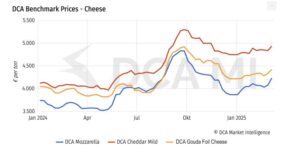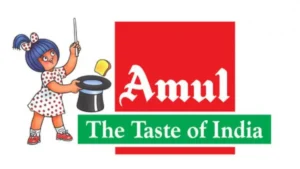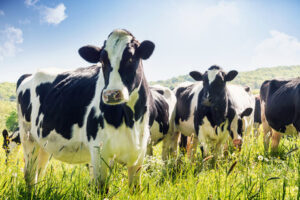
Indian gram flour, or besan, traditionally made from premium chana dal (Bengal gram), is increasingly being mixed with cheaper yellow peas, according to a report by Mint. The issue has raised concerns about transparency and fairness as manufacturers continue to sell besan at higher prices, despite this substitution.
While yellow peas are safe to consume and can be a viable alternative to chana dal, they retail for a much cheaper price at about Rs 35 per kg, while chana dal can cost Rs 74 per kg on average. Despite yellow peas being less than half the price of chana dal, the retail price of besan remains at an inflated Rs 110 per kg, sparking concerns that manufacturers are profiting excessively by not passing on the savings to consumers.
Besan mixed with yellow peas should ideally be priced under Rs 50 per kg, but this adjustment has yet to be reflected in the market. To address this issue, government agencies are testing besan samples to determine the extent of yellow pea usage and are expected to direct manufacturers to lower their prices accordingly.
Duty-free import of yellow peas
Yellow pea was declared duty-free by the Indian government at the end of 2023, leading to a surge in imports. Import for the dal was allowed to remain duty-free till July 2024, which was later extended to October 2024. Due to its cost-effectiveness, it has reportedly become a popular substitute in besan production.
Initially introduced to stabilise food inflation, the influx of cheaper (imported) yellow peas has discouraged local farmers from growing pulses like chana and tur. With total production of yellow and green peas estimated at around one million tonnes last year, this figure is expected to decline further due to the high volume of imports.
India’s pulse imports hit six-year high
In August Bimal Kothari, chairman of India Pulses and Grains Association (IPGA) said that in the financial year 2023-24 (FY24), India imported a record two million tonnes of yellow peas since the grain was declared duty-free. He added that another 1-1.5 mt was expected to come by the end of the calendar year 2024.
Govt to introduce new regulations for mfg
The government is working on fresh regulations that will require manufacturers to disclose the ingredients used in besan, Mint reported. This initiative aims to ensure that consumers benefit from lower prices when cheaper yellow pea is used instead of chana dal. The Food Safety and Standards Authority of India (FSSAI) will also be involved in enforcing these labelling standards across the besan market.
Inflation and rising food costs
This shift in production and rising demand for pulses has contributed to higher food prices in India. A recent report by Crisil’s highlighted that pulse prices, which account for around 9 per cent of the cost of a typical vegetarian meal, rose by 14 per cent this year. The overall cost for a vegetarian meal in Indian households in September 2024 also went up by 11 per cent compared to the same period last year. The reduced domestic production of pulses, combined with lower stock levels at the start of the year, has further pushed up prices.
First Published: Oct 07 2024 | 1:20 PM IST





